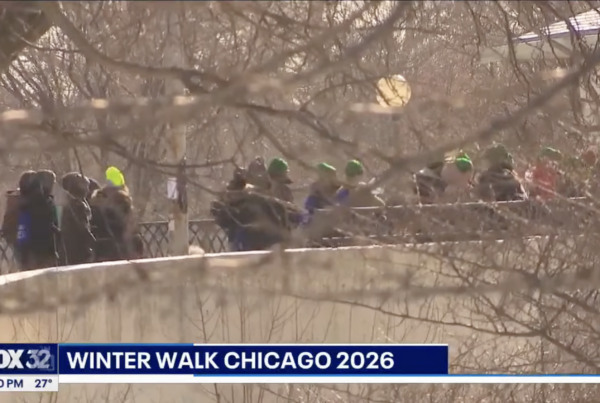By Hannah Grabenstein (PBS) November 20, 2023
Imagine a person experiencing homelessness. You might picture someone sleeping in an overnight shelter or living in a tent encampment in an urban area. That image isn’t wrong, but that common perception overlooks a less visible, potentially larger group, advocates and researchers say. People experiencing “doubled-up” homelessness live in temporary situations in the homes of friends or family when they would otherwise choose not to. In fact, the vast majority of schoolchildren experiencing homelessness are in doubled-up arrangements.
People living doubled-up often move between houses frequently and could be asked to leave at any moment, said Julie Dworkin, who until recently served as director of policy at Chicago Coalition for the Homeless. That challenges the notion that people experiencing literal homelessness are more vulnerable than people living doubled-up, she said.
Experts at Chicago Coalition for the Homeless helped write a new ordinance that will expand Chicago’s definition of homelessness to include people living doubled-up, people being released from prison, and people leaving rehab or mental health facilities. Funding will come from a proposed real estate tax increase, which would change the city’s flat tax rate to a graduated one, with the sale of buildings over $1 million taxed higher.






